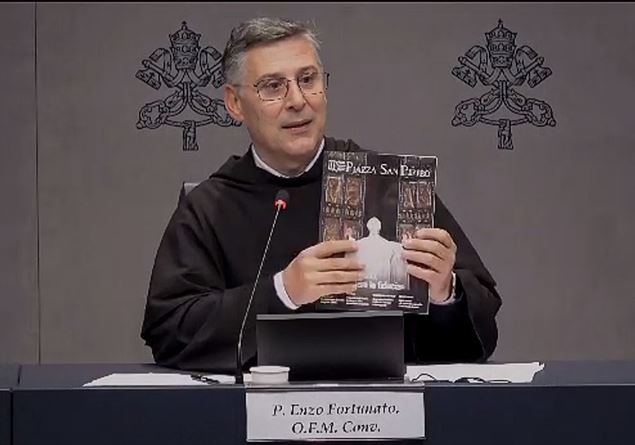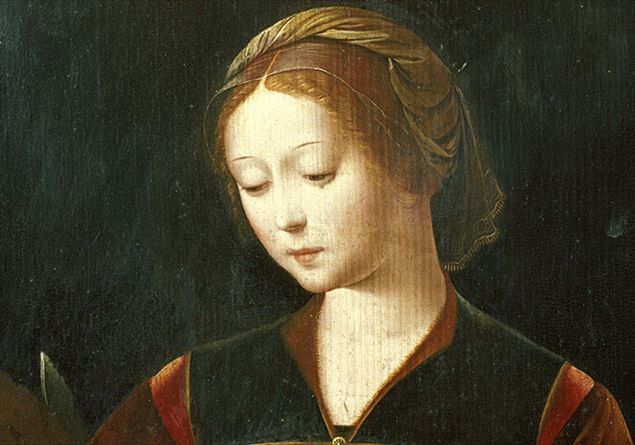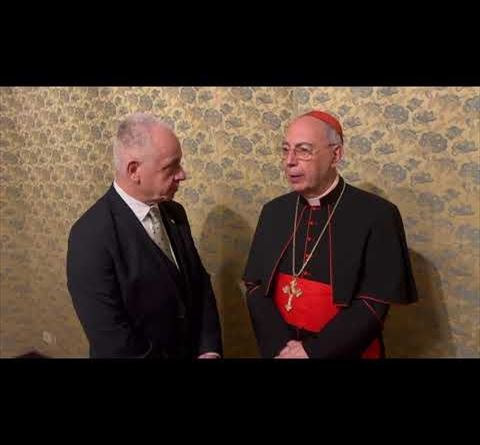
«Joke with the infantry and leave the saints alone,” says the well-known proverb, also remembered by Roberto Lipari, the comedian of The news spreads That Believe interview this week (see report on page 18). But can humor have space and meaning in the Christian life? A long line of great Christians is witness to a healthy person humor: from Saint Lawrencewho on the gridiron asked to be turned the other way, a Saint Philip Neri (I think of the anecdote of the plucked hen to make people understand the irreversible effects of slander). More recently, Roberto Benigni he was able to make us laugh and reflect together, talking about Bible and of Divine Comedy. And he does the same don “Gioba” (Giovanni Berti) with his ironic and biting cartoons. On the other hand, Jesus himself uses the paradoxof theironyof thehyperbole: let’s think of the saying of the blind man who tries to guide another and they both end up in a ditch or the one about the camel that passes through the eye of the needle… In short, Judeo-Christian humor has ancient roots, which are rooted in biblical texts.
There psychology and the medicine they tell us that LAUGH it is good for health and the soul, and this is well present in the Christian tradition (see, for example, the Prayer for good mood by Thomas More). Obviously we are not talking about that malicious sarcasm that aims to hurt and humiliate the other through derision or devaluation. Rather, let’s think about a healthy one humor. But why is this good for us spiritually? Second Pope Francis“the human attitude closest to the grace of God is humor.” Good humor sees the good and contradictory side of life with benevolence, even of ourselves, it makes us relativize and resize the things we take as absolutes… And if we think that the greatest overturning of human criteria brought about by God is the cross (1 Corinthians 1.27), we understand that humor also has meaning for the spiritual life. Let’s think about shared life experiences, where people who know how to throw in a joke at the right time help everyone to create a serene and relaxed atmosphere.
In a tradition which, more than to the smile, has accustomed us to asceticism and “sad” penance (with the “funeral face”, as Francis often repeats), the lightness. Not at all Francis he dedicated an encyclical to holiness with the title that recalls the joy. In the Enjoy and rejoicewhich has a section dedicated to joy and a sense of humor, we read among other things: «What has been said so far (on holiness) does not imply an inhibited, sad, acidic, melancholic spirit, or a low profile without energy. The saint is capable of living with joy And sense of humor. Without losing realism, enlighten others with a positive and hopeful spirit. Being Christian is “joy in the Holy Spirit” (Romans 14,17)» (n. 122). “The bad mood», he writes again, «is not a sign of holiness» (n. 126)!
So let’s all try, dear friends, to face our days with this light in our relationships, in our commitments: life will gain in quality. And if you also want to smile graciously at the “Christian things”, I suggest you read Even God laughs (Sao Paulo, 2019) Of Father James Martin.









